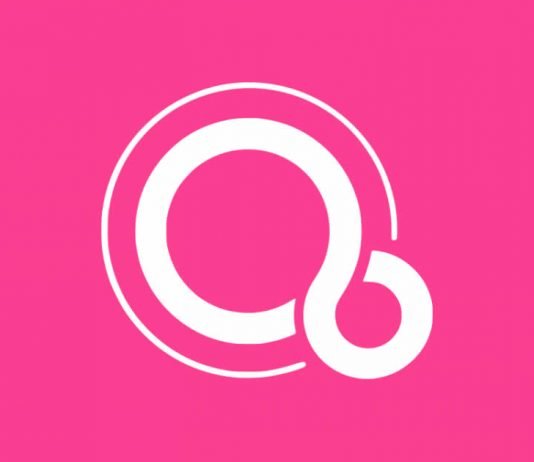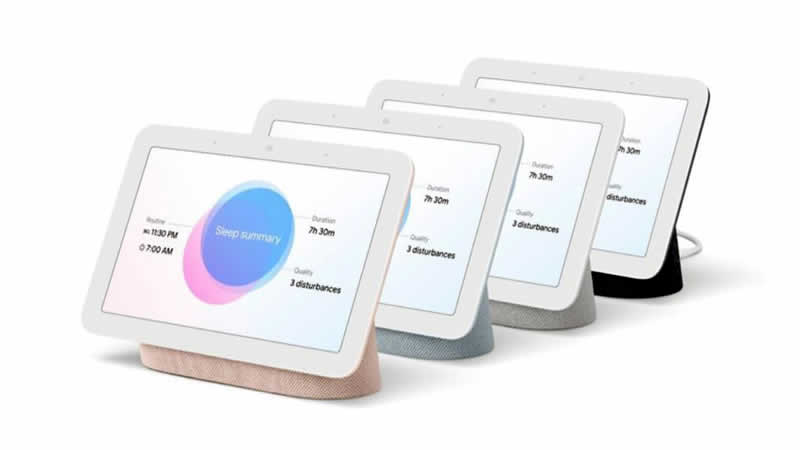Finally, Google has released the new Fuchsia OS. It has been over four years since Fuchsia OS was first introduced, which at first was known as Project Andromeda.
With Fuchsia OS, Google’s intention was to create an operating system from scratch, not based on Linux, that did not have the weaknesses that Android.
In 2018, Fuchsia OS was spotted running on Pixelbook, and now it looks like the first mass-produced device to receive Fuchsia OS is a home automation device.
Google has begun rolling out an update for the first-generation Nest Hub. The update replaces the existing operating system, Cast OS, of the device with Fuchsia OS.
However, the update will be distributed over the next few months to all compatible devices, but none of them will lose any function — and users are unlikely to even notice the difference. Thanks to Flutter, an open-source user interface development kit from Google, the interface aesthetics look identical.
The deployment is limited and controlled at this time. The report says that Fuchsia OS will initially come only to the company’s “Preview Program”, with a broader rollout planned later. Even so, the Nest Hub is not the most widely used device yet, which means that the operating system will be available to very few users at the moment.
According to speculation, Google may expand Fuchsia OS considerably from 2023. The company’s bet has already begun to gain the attention of other industry giants, and, recently, Samsung began to collaborate in the development of the project.

